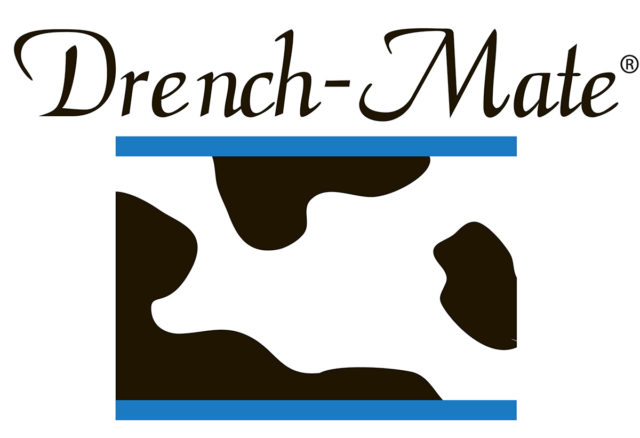Yes, I will admit the buzz around the Internet and other media outlets concerning the idea of a tax on livestock has set off a firestorm of angst and anger throughout the animal husbandry world. I have seen it play out over blogs and posts and would agree that some might feel it is something to consider. I would, however, like to look at the facts to see where the argument stands and what really might happen.
First off, I would like to point out the idea of an animal tax is just that, an idea only. No one has put out any type of legislation nor is there currently anything on the official books regarding this tax. Yes, it has been discussed, but beyond that, it hasn’t seen the light of day in Congress or anywhere else a tax law could come to pass. What is more important is the ideology behind it and what the arguments are for even considering such an idea.
To better understand what is behind such an idea, I suggest reading the first section of our current ‘In the news’ section of our magazine (page 5). For simplicity, I have extracted a simple quote that sums up the base argument for the tax: “It makes perfect sense if you are looking for ways to cut down on meat consumption and recoup environmental losses,” said Bruce Friedrich, a spokesman in Washington for People for the Ethical Treatment of Animals.“We certainly support making factory farms pay their fair share.” From this statement, I see there are three areas of concern which could, in some minds, merit a livestock tax.
The first point – reduce meat consumption – is something that won’t get much consideration from me. I believe in salad and the steak sitting next to it. I am an omnivore and will continue to be one. Taxing based on diet isn’t going to go very far. The second reason – to recoup environmental losses – is one that might have a little stronger footing. Most producers are already working under a system of best management practices, practices that look for the best way to work with animal husbandry byproducts. While the system isn’t perfect yet, producers are the first in line to find better ways to work with the effluent stream of animal husbandry and will continue to do so.
I have seen the changes over the last several years and feel ag producers lead, not follow, in protecting the environment. While you can find exceptions to this, agriculture cannot survive when the environment suffers. The third reason – paying their fair share – is one that has a great emotional pull, but in reality, animal husbandry has led the nation in the reduction of greenhouse gases. If you don’t believe me, look at the numbers. Dairy farms throughout the U.S. have consistently dropped the number of cows required to produce milk over the last 30 years.
Dairy farms today produce more milk than ever before with just over 9 million cows, even more milk than was once produced with 21 million cows. Through better management, diets and breeding, dairymen have greatly reduced the land needed for both feed and the animals required to produce the milk needed to nourish the nation. Unless I have missed something, that is better than most other types of economic production have been over the last 30 years. Producers have already paid their fair share through improvement and increased benefit to the environment and continue to do so each year. Taxing animal production only insults the decades of continual improvement already made by American agriculture. ANM
Darren Olsen
Editor for Ag Nutrient Management
darren@progressivedairy.com




